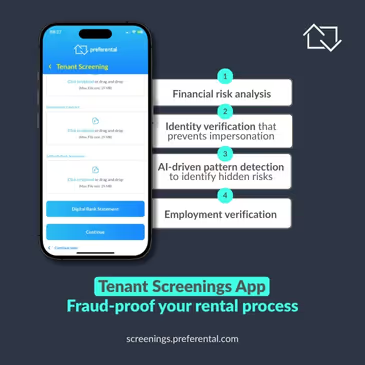Rebuilding Trust: A New Vision for Local Government in SA
Main takeaways
- 65% of SA municipalities are in financial distress
- The 1998 White Paper is under review to guide new reforms
- Citizen engagement and modern systems are key to recovery
Rebuilding Trust
South Africa’s 257 municipalities are in crisis. They face a crippling combination of financial mismanagement, decaying infrastructure, and an erosion of public trust. While the 1998 White Paper on local government once offered a bold roadmap for transformation, its vision is now falling short of current realities.
Now under review, this 27-year-old blueprint is being re-examined to identify what worked, where it failed, and how to reshape local government for the future.
The Problem: Breakdown in Trust, Systems & Delivery
Despite a strong legislative framework under Chapter 7 of the Constitution, most municipalities are failing to deliver the basics. As President Cyril Ramaphosa stated in his 2025 State of the Nation Address:
“In many cities and towns across the country, roads are not maintained, water and electricity supply are often disrupted, refuse is not collected, and sewage runs in the streets.”
Key Issues
- 65% of municipalities are in financial distress
- R348 billion is owed by households for services
- R18 billion in unspent funds were returned due to poor planning
- Trust in municipalities has collapsed, leading to a vicious revenue cycle
The Municipal Financial Management Act and Municipal Property Rates Act provide strong governance structures. But without enforcement, capacity, and transparency, they remain paper promises.
Solutions: Systems, Strategy, and Citizen Engagement
Fixing this crisis is not just about policy. it’s about rebuilding the relationship between municipalities and citizens. This means:
1. Getting the Basics Right
- Implement smart meters, updated property valuations, and integrated billing
- Use geospatial data and digital tools for accurate infrastructure mapping
- Enforce strict, transparent credit control and debt recovery
2. Structural and Technological Reforms
- Restructure revenue departments for greater accountability
- Centralise billing and collections for consistency
- Introduce performance-based systems and tighter internal controls
3. Real Citizen Engagement
- Move beyond box-ticking consultations, foster genuine, ongoing dialogue
- Educate communities on tariffs, free basic service limits, and co-responsibility
- Ensure transparency in how funds are collected, used, and reported
“When citizens are treated as partners, not just payers, trust improves and so does revenue,” says Rantloane.
The Way Forward: A New Social Contract
The review of the White Paper is a crucial opportunity to reset South Africa’s local governance model. But it must deliver real reforms, not theoretical fixes.
A new era of local government must be:
- Modern: enabled by technology and data-driven decision-making
- Transparent: with open communication on service delivery and tariffs
- Participatory: with citizens involved in shaping their communities
- Capable: with trained leadership and systems that actually work
This is more than a policy update, it’s a chance to restore the social contract between citizens and municipalities, unlocking local government’s true role as a driver of national development.
Trust is earned. Systems must deliver. The time for half-measures is over.













.avif)


.avif)

.avif)




.svg)





























.avif)
